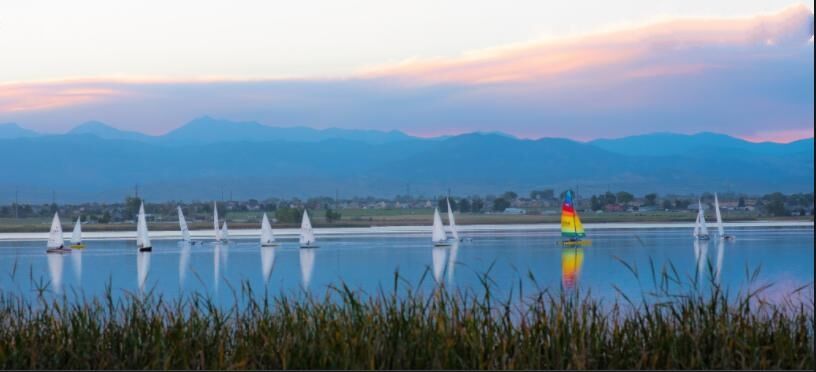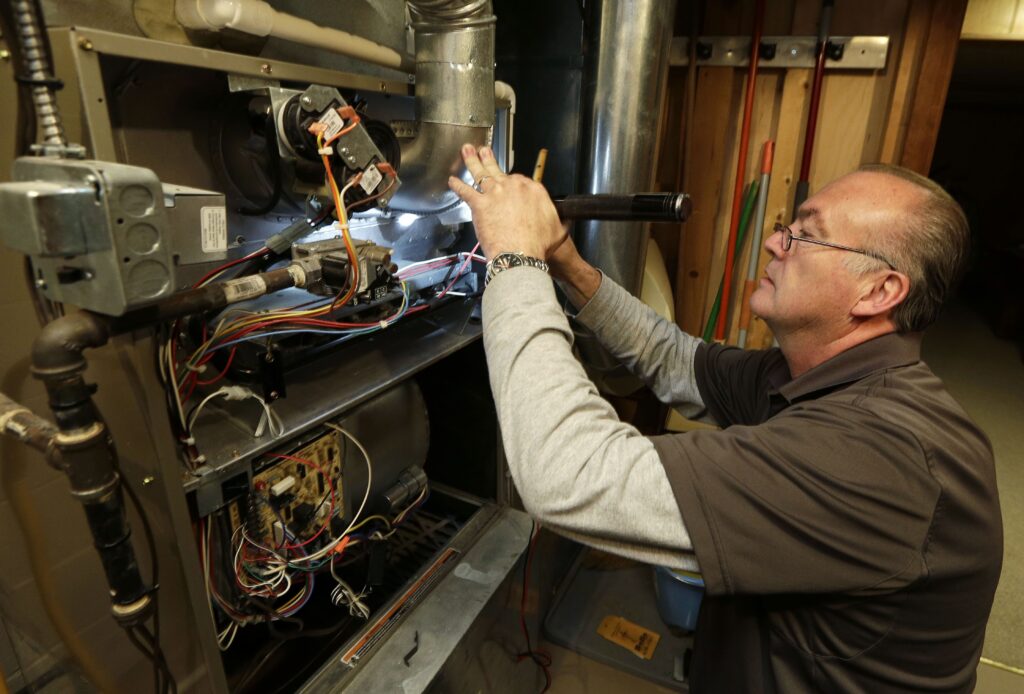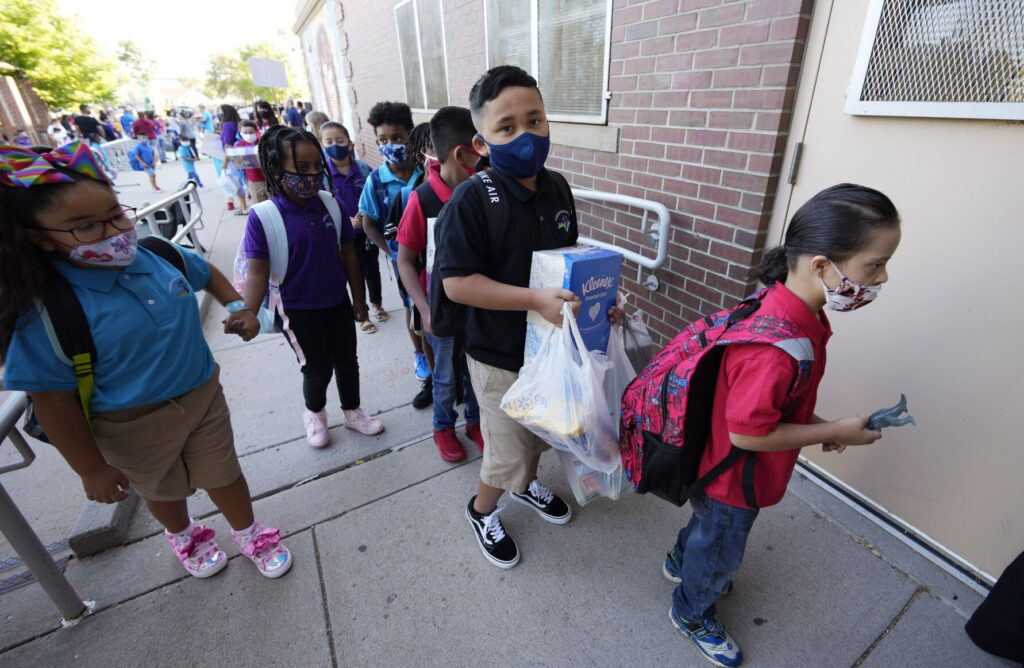Colorado’s naming board rejects Union Reservoir change

The Colorado Geographic Naming Advisory Board on Thursday recommended the governor reject a proposal submitted by the U.S. Board of Geographic Names, backed by the Union Reservoir Company and City of Longmont, to change the name of Calkins Lake to Union Reservoir.
Union Reservoir has been the name commonly attributed to Calkins Lake for at least 50 years, according to proponents. It’s also the name used in state water court decrees.
The proposal has been under consideration for several months, but one voice that hadn’t been heard from – the Calkins family.
The Calkins Family Association reached out to Colorado Politics earlier this month to assert that it did not want the name changed, given the prominence of Carlton Chase Calkins, an early settler of Longmont who also served two years in the Colorado House.
“We don’t want to lose our history and our name,” Nanette Calkins Armstrong said on Thursday. The family also submitted a letter to the Colorado board, asking that the original name stay put.
Rep. Adrienne Benavidez, D-Adams County, noted Carlton Calkins’ service in the legislature. She said the family made a compelling case for keeping the name as is. She also scolded the proponents – specifically the city – for not reaching out to the family, which she said “is telling on their ability to follow through on due diligence.”
Several Calkins family members live in the area, and at least three from around the country participated in Thursday’s meeting.
Also, the board will send to Polis a recommendation on a name change for Chinaman Gulch in Chaffee County. Initially, a proponent had suggested Trout Creek Gulch, but that was initially opposed by Chaffee County commissioners. Commissioner Keith Baker, who attended Thursday’s meeting, previously told the board the county wants to be “on the right side of history” and use a name that honored the contributions of 19th-century Chinese who helped build railroads, including in Colorado.
No one could find any person for whom Chinaman Gulch had been named. So William Wei, a member of the board, joined by two other board members, did some hunting and came up with a new proposal, one that is expected to be endorsed by Chaffee County: Yan Sing, a Romanized version of a Cantonese word for resilience. The gulch would be known as Resilience Gulch, and local literature will also include the Chinese characters ??.
The board approved the recommendation, which will go to Polis and then to the federal board. That will take more time than usual, given that it’s a new name, which will require it spend time on a review list first, to allow for outreach to the 570 recognized Native American tribes.
During the meeting, Colorado Geographic Naming Advisory Board had some cold water thrown on its review process Thursday, based on comments made by the federal liaison to the board.
Last month, Secretary of the Interior Deb Haaland announced the formation of a task force that, in effect, will override the review process by the U.S. Board of Geographic Names, at least for changing geographic names with the word “squaw.”
While four members of the BGN will be on that task force, there doesn’t appear to be a role for the BGN staff, Jennifer Runyon, the federal liaison to the board, explained Thursday.
Given that the task force will decide the names on geographic features, that could override future work by the Colorado naming board.
According to Runyon, Haaland has said in the past that the federal group is too slow to act, not transparent enough, not being proactive enough, and doesn’t involve the public enough in its processes. Haaland sponsored a Congressional resolution on ramping up the BGN process while she was a member of the House representing New Mexico, although the resolution never made it past introduction stage.
Last month, Haaland issued an order banning the word “squaw” from all federal lands. Colorado’s board had already recommended a name change for Clear Creek County’s Squaw Mountain to Mestaa’?hehe Mountain (pronounced mess-taw-HAY), a recommendation accepted by Gov. Jared Polis and approved by the federal board last week.
According to a list compiled by the U.S. Geographic Information Service (USGIS), 660 other geographic features still contains the word “squaw,” including 28 in Colorado. (The Clear Creek mountain is included on that list). Four of those names cross state boundaries with Oklahoma and Utah. The Colorado board is already considering another proposal for a similar name change in Teller County, from Squaw Gulch to Mound Gulch.
The process for changing features with the word “squaw” is intended to be a quick one, Runyon explained. The task force will be given the list with suggested replacement names based on the five closest geographic features. For example, a “Squaw” mountain could be renamed Cottonwood for a nearby canyon, she explained.
Once the task force comes up with replacement names for all 660 features, Runyon said, the group will issue a federal register notice that will give the public and state naming authorities – such as Colorado’s – 30 days to comment, which isn’t much time, she added.
Tribal representatives will have 90 days to comment. Once that 90-day period is passed, the final list will go to the federal BGN for approval.
Runyon said it will be a massive docket of 660 names to approve “in one fell swoop.” She anticipates the whole process will be done by fall, 2022.
What isn’t known is whether members of the public, state naming groups or even tribes would be allowed to offer counter proposals, Runyon said. At least for now, current proposals will continue as they have in the past, but, Runyon, added, “I would not be surprised if the task force closes the door to new proposals and takes over.”
The BGN and its staff have been excluded from this process, Runyon told the Colorado group.
“My impression is that the task force will do what it wants to do,” she said.
A second Haaland order will set up a White House-vetted advisory council to deal with derogatory names, Runyon explained. There isn’t a list yet with what words would be considered derogatory. She said that process is likely to take a lot longer, perhaps years.
“Be ready,” she advised.














